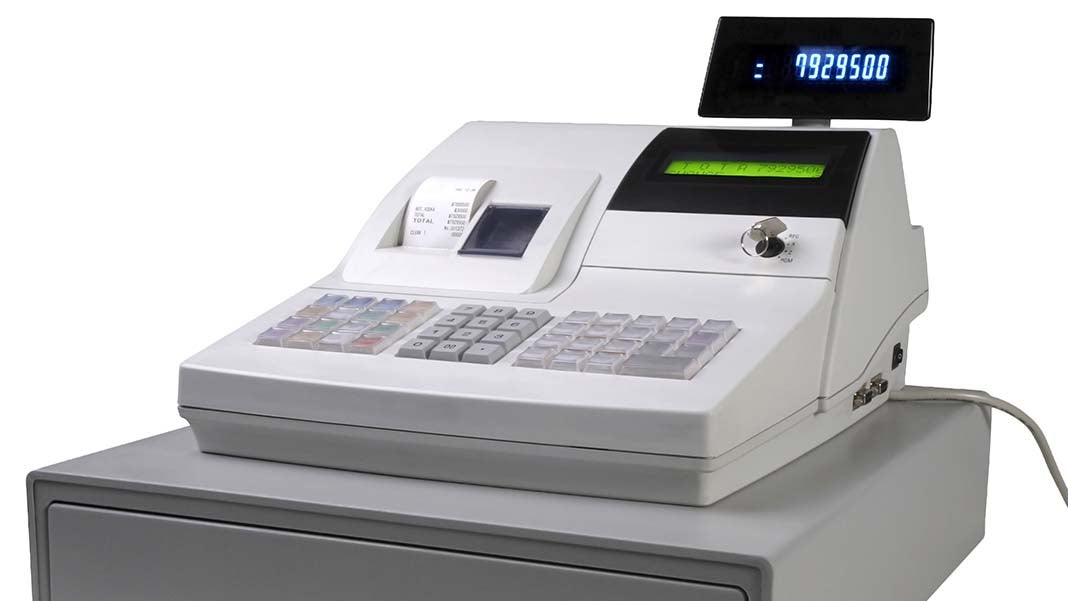
Many small businesses do some or all of their transactions in cash. This raises some special issues and concerns. Technically, being paid in cash doesn’t make a difference in terms of income taxes; cash transactions are reported as any transactions by check, credit card, or electronic transfer. However, there are some unique issues that those operating “cash intensive businesses” should be aware of.
IRS audit target
Following a special audit project some years ago, the IRS concluded that the “tax gap,” which is the spread between what the government thinks it should be collecting and what it actually collects, is largely the result of unreported business income. More specifically, over half of the tax gap, or $109 billion, resulted from understated net business income. To this point, much of the understated business income is from cash intensive businesses that fail to report their actual income.
As a result, the IRS has recognized the need to focus its limited audit dollars on areas likely to produce revenue, namely small businesses that deal in cash. The audit statistics for the government’s 2014 fiscal year ending September 30, 2014, bear this out, with the overall average audit rate for individuals of only 0.86%, compared with the rate on Schedule C filers (sole proprietors) of 1% for those with gross receipts under $25,000, 1.9% for gross receipts between $25,000 and $100,000, 2.4% for those with gross receipts of $100,000 to $200,000 (three times the rate for non-Schedule C individuals), and 2.1% for those with gross receipts over $200,000.
Related Article: 5 Cash Management Tricks Every Small Business Owner Should Master
What does the IRS look for when auditing cash intensive businesses? You can read an IRS Audit Technique Guide created for its auditors for this purpose. The guide covers such cash businesses as:
- Bail bonds
- Beauty shops
- Car washes
- Coin operated amusements
- Convenience stores
- Laundromats
- Scrap metal
- Taxicabs
Cash intensive businesses also include those considered to be part of the underground economy. IRS examples of these businesses are used car sales, child care, house cleaning, pet sitting, tree trimming, garage hauling, and unlicensed tradesmen in construction.
Reporting cash transactions
Dealing in cash may also entail special reporting to the government. There are two separate reporting rules:
- Receiving cash payments of $10,000 or more. If, in the course of your business, you are paid $10,000 or more in cash (including money orders, traveler’s checks, etc.) in one or more related transactions, you must report this to the IRS. The report, which is due by the 15th day after the date the cash was received, is made on Form 8300, Report of Cash Payments Over $10,000 Receive in a Trade or Business. Find more details from the IRS.
- Suspicious cash transactions. If you sell or redeem money orders or traveler’s checks in excess of $1,000 per customer each day or issue your own value card (your store’s debit card), the federal government asks you to report to the U.S. Treasury any suspicious transactions that exceed $2,000. Businesses impacted by this rule include convenience stores, groceries, liquor stores, travel agencies, courier services, and gas stations. Reports are done electronically; you register to do this through the Bank Secrecy Act or BSA e-filing system. Then, suspicious activity, such as customers providing false or expired identification or working with another person to split transactions in order to remain under the dollar limit for reporting, is reported within 30 days on FinCEN 109, Suspicious Activity Report by Money Services Businesses.
Other concerns
Taxes and reporting aren’t the only concerns for businesses that deal in cash. There are also matters of security and banking. Having cash around because of the nature of your business makes you vulnerable to robbery. The Insurance Information Institute offers tips for reducing vulnerability to theft.
One type of business that is forced to deal in cash is marijuana dispensaries, even though they are in states where this is legal. The reason: Federal law still treats marijuana as a controlled substance so banks are prohibited from having accounts for the dispensaries. This bars such businesses from paying bills by check or electronic transfer, having credit cards, depositing payroll taxes with the government, and even paying income tax bills. There are efforts in Congress to allow banks to deal legally with marijuana businesses, but whether they succeed is uncertain.
Bottom line
If your business deals primarily in cash, make sure you understand your audit risk, reporting requirements, and security issues.
NOTE: This guest blog post was provided by Barbara Weltman and is used with permission. Read more of her small business insight on her blog.












